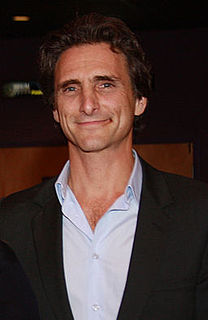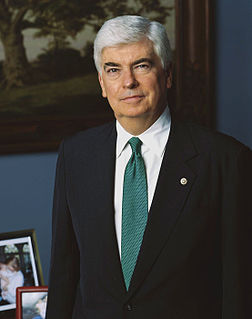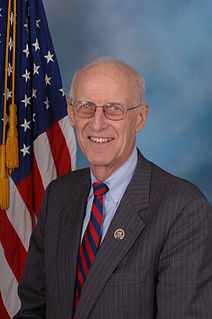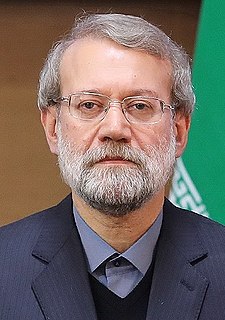A Quote by Frank Gaffney
One of the most important post-9/11 efforts made to counter terrorism and the spread of weapons of mass destruction is President Bush's Proliferation Security Initiative (PSI).
Related Quotes
One of our objectives today is very important for many people, for millions of people on our planet - it is joining efforts in the fight against terrorism and other similar challenges: countering drug trafficking and proliferation of weapons of mass destruction, fighting famine, preserving environment and biodiversity, taking efforts to make the world more predictable, more stable.
There is no question that Iraq possesses biological and chemical weapons and that he [Saddam Hussein] seeks to acquire additional weapons of mass destruction, including nuclear weapons. That is not in debate. I also agree with President Bush that Saddam Hussein is a threat to peace and must be disarmed, to quote President Bush directly.
In the area of international security, taking into account that the United States and Russia are the largest nuclear powers: We are ready to jointly work to strengthen the non-proliferation regime for weapons of mass destruction and their means of delivery. We are ready to work together, and much closer than before, on the problem of fighting terrorism, international terrorism, and here we certainly have vast opportunities.
The threat of Saddam Hussein with weapons of mass destruction is real, but as I said, it is not new. It has been with us since the end of that war, and particularly in the last 4 years we know after Operation Desert Fox failed to force him to reaccept them, that he has continued to build those weapons. He has had a free hand for 4 years to reconstitute these weapons, allowing the world, during the interval, to lose the focus we had on weapons of mass destruction and the issue of proliferation.
I come to this debate, Mr. Speaker, as one at the end of 10 years in office on the Permanent Select Committee on Intelligence, where stopping the proliferation of weapons of mass destruction was one of my top priorities. I applaud the President on focusing on this issue and on taking the lead to disarm Saddam Hussein... Others have talked about this threat that is posed by Saddam Hussein. Yes, he has chemical weapons, he has biological weapons, he is trying to get nuclear weapons.
Joblessness is a weapon of mass destruction. Poverty is a weapon of mass destruction. Hunger is a weapon of mass destruction. Poor health care is a weapon of mass destruction. Poor education is a weapon of mass destruction. Discrimination is a weapon of mass destruction. Let us abolish such weapons of mass destruction here at home.
Repeatedly and frankly we have announced that in Irans national security doctrine there is no room for atomic and chemical weapons as we consider them against Islamic laws. Irans Supreme Leader (Ayatollah Seyyed Ali Khamenei) in this connection had issued a decree that mass destruction weapons are prohibited by the Muslim religion. [. . .] Therefore we support the idea of a Middle East free from weapons of mass destruction[.]


































